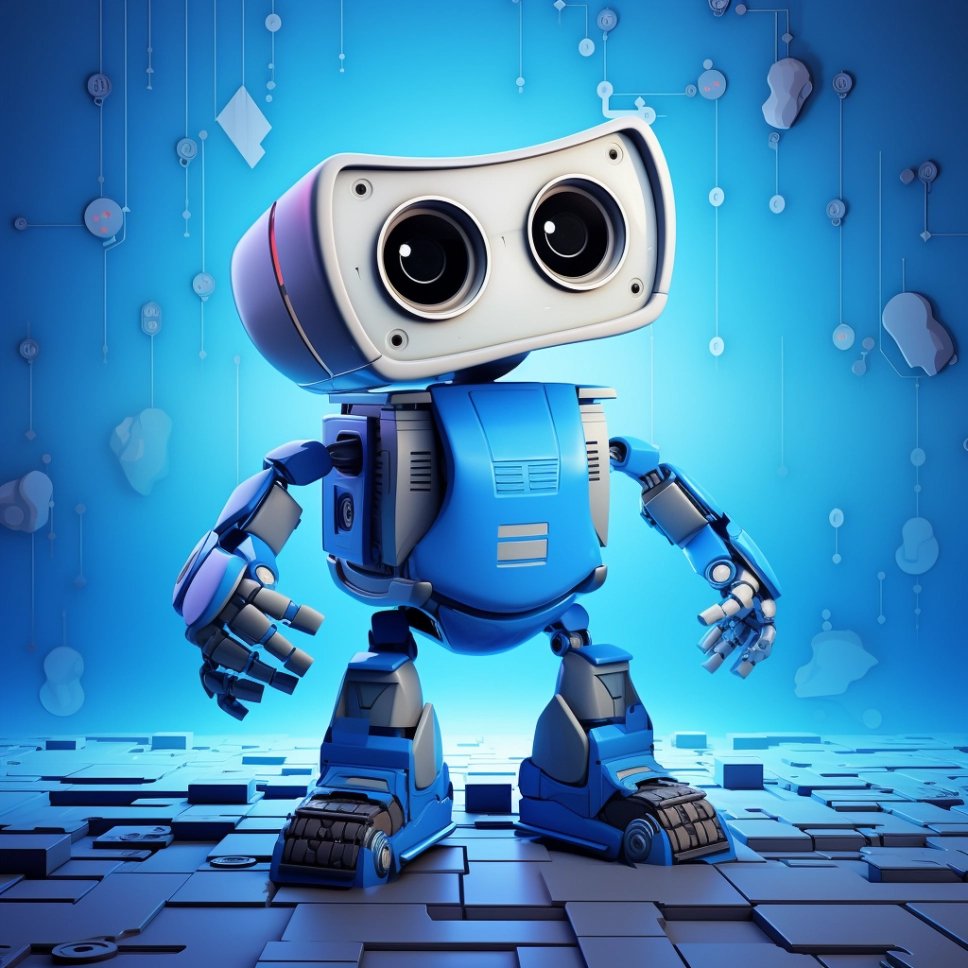Week 7 Discussion
Standage’s discussion of automatic telegraphy echoes much of our own contemporary experience motivated by the reduction in need for skilled operations and sense of undermined communities in an era of artificial intelligence. The interesting thread here is that with any sufficiently advanced technology, comes a conversation about reduced human involvement and participation. It’s often bundled with anxiety around disintermediation and the economic consequence of shifts in existing human skills, but there’s also a conversation here about which tasks should be performed more autonomously from human involvement.
But it’s more than just an othering fear of the robots coming for our jobs. It’s sometimes the inverse. It’s the benefits motivated by giving away jobs we no longer want to do. An example of this is the generative automation currently being experimented with by newsrooms, which pass the writing and publishing of meta data, keyword tagging, social posting and other supporting tasks which wrap around an article to the bots. These are traditionally low-level manual tasks, but critical for digital discoverability. They have direct economic impact in their influence over what happens in search and social. But they are not traditionally the task of the journalist in codifying their work for a digital audience. It can often feel more like a function of marketing than reporting. The more time a journalist gets back, the more material reporting they can do, the swifter articles can be published, and the more their work can be found. It is viewed as good business, not disintermediation.
The example here is that there are jobs we might want to give away to automation. Other examples might include the self-checkout at the grocery store (and clerks in general), banking and financial services, real estate professionals or the ever-accelerating automation of transportation. Fast food restaurants are transitioning to touchscreens instead of servers. We enter our order, take a number and wait, barely interacting with another human. It’s not just fast food, it’s faster food.
Very often a technology is not new, it is simply new to us. Generative artificial intelligence platforms such as ChatGPT or MidJourney build upon years of cumulative innovation, but can appear as new when we become aware of them. Especially when we experience the awe of a new technology. The first time we scrolled with our finger on the iPhone’s touchscreen. The first time we saw the Uber car getting closer. The first friend we made on Facebook. These experiences can be magical, and we bundle that emotion with new, even f they rarely are. Movies we may think of as new have often been in production for years. New can often be a proxy for released and reported. A new song might be new to us because it just got released, but is not new to the people who wrote it, recorded it, released and promoted it.
New technology is also compounded and conflated by latest. The latest iPhone is rarely new at all, but might be better. Which itself is a proxy for faster, lighter, or capable of more. New is more a collective umbrella which gathers up all of these superlatives and allows us to use a single, simple word to mean all of them at the same time. This simplicity is easier to market, and easier to understand. In this I am reminded of Don Draper’s famous carousel pitch from the TV show Mad Men, where he explains to a room of Kodak executives that the most important thing in advertising is the idea of new. As he says:
“Technology is a glittering lure. But there is the rare occasion when the public can be engaged on a level beyond flash, if they have a sentimental bond with the product.
My first job, I was in house at a fur company with this old pro copywriter, Greek, named Teddy. And Teddy told me the most important idea in advertising was ‘new.’ Creates an itch. You simply put your product in there as a kind of calamine lotion.
But he also talked about a deeper bond with the product: nostalgia. It’s delicate, but potent.
Teddy told me that in Greek nostalgia literally means ‘the pain from an old wound.’ It’s a twinge in your heart, far more powerful than memory alone.
This device isn’t a space ship. It’s a time machine. It goes backwards, forwards. Takes us to a place where we ache to go again.”
Innovation isn’t the product, or even the way it’s being talked about. What’s new is how we feel about it. The emotions it generates. The problems it solves. The connections it makes. I believe it’s why new and technology are often so closely connected to hope. To aspiration. To the kinds of unified worlds Standage describes the telegraph would bring or the internet would herald. A world free of difference, conflict and division. New takes us somewhere, as Don reminds us, where we ache to go again. But new also brings fear and anxiety. New heralds change. New disrupts. And for those fearing automation, takes us to a place where we never ache to go at all.

















